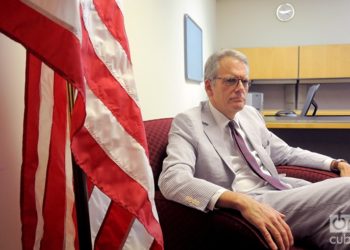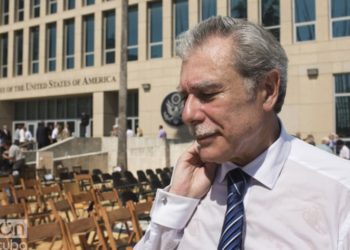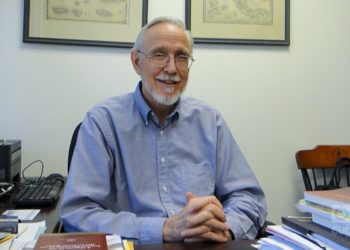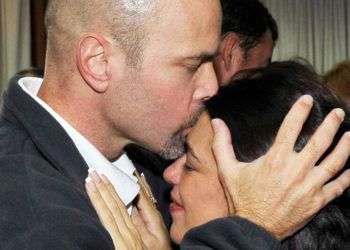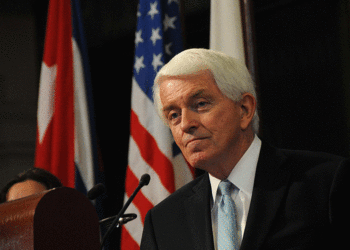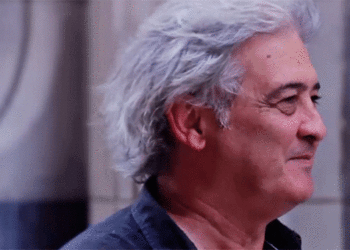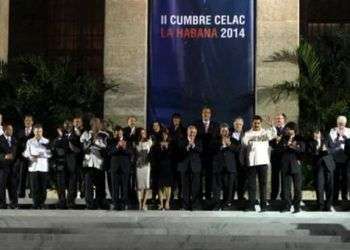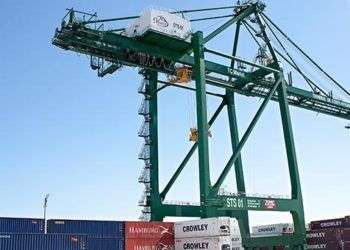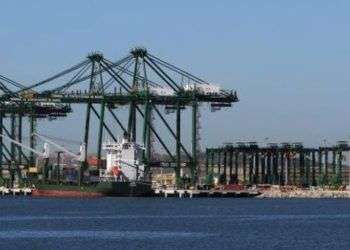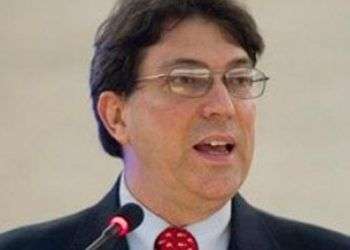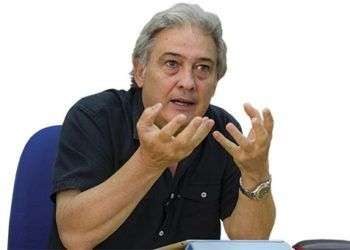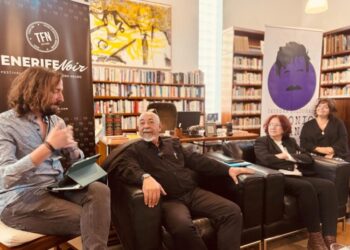DeLaurentis: “It is long and complex, but the normalisation is underway”
This July 20 marked the first anniversary of the restoration of Cuban-US relations. The international press, on both sides of the Florida Straits in particular, devoted headlines to taking stock and to remembering the date. A year ago this day, the Cuban flag was raised in Washington at the new embassy’s headquarters, a space formerly occupied by an Interests Section. On 14 August the opening ceremony for the US diplomatic mission in Havana will be remembered. Both events concluded an essential first step – the diplomatic - in the road of normalization. Over the course of this year bilateral and cooperation agreements on areas of mutual interest have been signed. There has been significant progress in the diplomatic arena; both countries have received delegations from different levels, US travel to the island has significantly increased. Although they are few in number some contracts with US companies have been signed in the areas of telecommunications and tourism. And during this year President Obama visited the island on an historic trip. A small group of foreign media accredited in Cuba, OnCuba among them, were able to converse with Jeffrey DeLaurentis, chargé d'affaires at the US embassy in Cuba. "It is the first...


